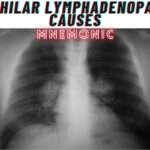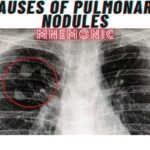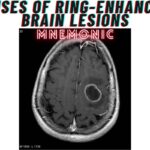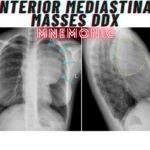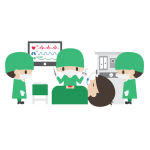Let’s talk about hypersensitivity reactions — the immune system’s version of overreacting dramatically to things it really could’ve handled more calmly. (Kind of like when your patient gets hives from amoxicillin and now insists they’re “allergic to all antibiotics” 😩💊)
There are 4 classic types, and to remember them, we use the time-tested mnemonic to memorize Hypersensitivity Reactions Types: ACID — because sometimes, immunity bites back.
Mnemonic Table: Hypersensitivity Types — ACID
| Type | Mnemonic | Mechanism | Example(s) |
|---|---|---|---|
| I | A – Anaphylactic | IgE-mediated, immediate release of histamine from mast cells and basophils | Anaphylaxis, allergic rhinitis, asthma, urticaria 🐝💨 |
| II | C – Cytotoxic | IgG or IgM antibodies bind to cell surface antigens, triggering complement activation or ADCC | Autoimmune hemolytic anemia, Goodpasture’s syndrome, transfusion reactions 🩸🚨 |
| III | I – Immune complex | Antigen-antibody complexes (mainly IgG) deposit in tissues, activating complement and inflammation | SLE, post-strep glomerulonephritis, serum sickness 🧪🧠 |
| IV | D – Delayed (T-cell mediated) | T-cell-mediated, no antibodies involved, response peaks at 48–72 hrs | TB test (PPD), contact dermatitis, graft-versus-host disease 🕒🖐️ |
🩺 Clinical Commentary from Quetta
At Sheikh Khalifa Bin Zayed Hospital, I’ve seen all four types walk through the door — sometimes all in one week.
One of the most memorable was a patient who developed anaphylaxis (Type I) after a bee sting, rushed into the CCU, swollen like a balloon with stridor so loud you could hear it in the corridor. Minutes matter. IM adrenaline saved the day — and a full lecture on “why epinephrine is your best friend” followed during rounds.
Meanwhile, on the Gastro ward, it’s Type III all day long — immune complex-mediated hepatitis and vasculitis in autoimmune cases. Immunology may be invisible on scans, but it loves to leave clues in labs.
🧠 Quick Clinical Tips
- Type I = immediate, itchy, and often terrifying. Think minutes.
- Type II = antibody missiles against your own cells.
- Type III = immune complex parking lots in the wrong neighborhoods (joints, kidneys, vessels).
- Type IV = the latecomer — no antibodies, just angry T-cells doing delayed damage.
HAPPY LEARNING, folks! 🙂
Signing off,
Dr. Aurangzaib Qambrani
(MBBS, PLAB, MRCP-UK)
Sheikh Khalifa Bin Zayed Hospital, Quetta
General Medicine | Gastroenterology | Cardiac Care Unit

![Hypersensitivity Reactions Types Mnemonic [Easy to remember] Hypersensitivity Reactions Types Mnemonic](https://www.medicosrepublic.com/wp-content/uploads/2025/05/Hypersensitivity-Reactions-Types-Mnemonic-Easy-to-remember-696x464.jpg)
![How to Remember Southern, Northern, and Western Blot Tests [Mnemonic] How to Remember Southern, Northern, and Western Blot Tests](https://www.medicosrepublic.com/wp-content/uploads/2025/06/How-to-Remember-Southern-Northern-and-Western-Blot-Tests-218x150.jpg)
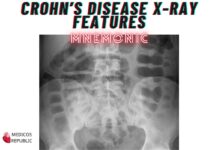
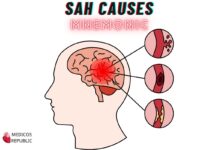
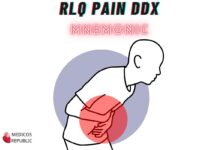
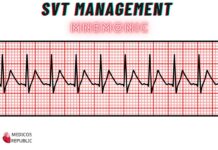


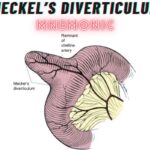
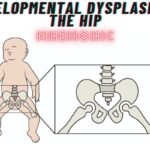



![Gerstmann Syndrome Features Mnemonic [Easy-to-remember] Gerstmann Syndrome Features Mnemonic](https://www.medicosrepublic.com/wp-content/uploads/2025/06/Gerstmann-Syndrome-Features-Mnemonic-150x150.jpg)
![Cerebellar Signs Mnemonic [Easy to remember] Cerebellar Signs Mnemonic](https://www.medicosrepublic.com/wp-content/uploads/2025/06/Cerebellar-Signs-Mnemonic-150x150.jpg)
![Seizure Features Mnemonic [Easy-to-remember] Seizure Features Mnemonic](https://www.medicosrepublic.com/wp-content/uploads/2025/06/Seizure-Features-Mnemonic-1-150x150.jpg)
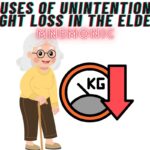
![Recognizing end-of-life Mnemonic [Easy to remember]](https://www.medicosrepublic.com/wp-content/uploads/2025/06/Recognizing-end-of-life-Mnemonic-150x150.jpg)
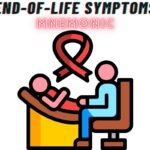
![Multi-System Atrophy Mnemonic [Easy-to-remember] Multi-System Atrophy Mnemonic](https://www.medicosrepublic.com/wp-content/uploads/2025/06/Multi-System-Atrophy-Mnemonic-150x150.jpg)
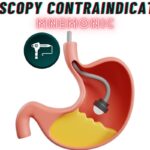
![How to Remember Southern, Northern, and Western Blot Tests [Mnemonic] How to Remember Southern, Northern, and Western Blot Tests](https://www.medicosrepublic.com/wp-content/uploads/2025/06/How-to-Remember-Southern-Northern-and-Western-Blot-Tests-150x150.jpg)

